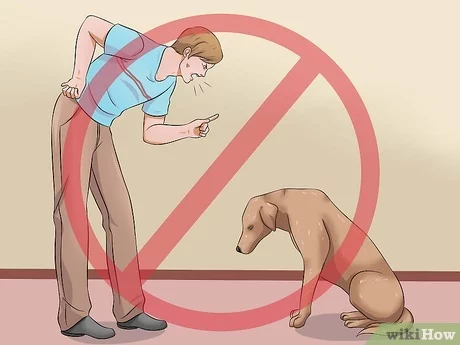Can Dogs Eat Coconut Yogurt
The Scoop on Coconut Yogurt for Dogs: Tasty Treat or Health Hazard?
Dogs love to eat. Whether it’s their regular kibble, some table scraps, or a special treat, food is one of the main pleasures of canine life. However, not all human foods are safe or healthy for dogs to consume. Some can cause digestive problems, allergies, toxicity, or other complications that may harm your furry friend. One such food that has gained popularity among health-conscious humans and vegans is coconut yogurt. But can dogs eat coconut yogurt? Is it a good source of nutrients or a potential risk? Let’s dig deeper into this creamy conundrum and find out.
What is Coconut Yogurt?
Coconut yogurt is a dairy-free alternative to traditional yogurt that uses coconut milk as the base ingredient. It is made by fermenting coconut milk with probiotic cultures that convert the natural sugars in the milk into lactic acid, which gives the yogurt its tangy flavor and creamy texture. Coconut yogurt can be flavored with various fruits, sweeteners, spices, or extracts to enhance its taste and aroma. It can also be used as a substitute for sour cream, cream cheese, or mayonnaise in recipes.
Is Coconut Yogurt Good for Dogs?
In general, coconut products are considered safe and beneficial for dogs when given in moderation and prepared properly. Coconut contains medium-chain triglycerides (MCTs), which are types of fatty acids that can boost energy levels, support immune function, improve digestion, and reduce inflammation. MCTs are also believed to have antimicrobial properties that can help fight off bacterial and fungal infections. Additionally, coconut is rich in fiber, vitamins C and E, antioxidants, potassium, and phosphorus.
However, not all dogs may tolerate coconut well. Some dogs may be allergic to coconut or develop digestive issues such as diarrhea or vomiting if they eat too much of it. Coconut products may also be high in fat and calories, which can lead to obesity or pancreatitis if consumed excessively. Therefore, it’s important to introduce coconut yogurt gradually into your dog’s diet and monitor their reaction. Start with a small amount (e.g., a teaspoon) and observe how your dog reacts within 24 hours. If your dog shows no signs of discomfort or adverse effects, you can gradually increase the serving size up to 10% of their daily food intake.
Can Dogs Eat Coconut Yogurt with Flavors?
While plain coconut yogurt is usually safe for dogs, flavored coconut yogurt may contain additional ingredients that are not suitable for dogs. For example, some brands may add sweeteners such as sugar, honey, or artificial additives that can cause tooth decay, diabetes, or allergic reactions in dogs. Some flavors may also contain fruits such as grapes, raisins, or cherries that are toxic to dogs and can cause kidney failure or other serious health problems. Therefore, it’s best to avoid giving your dog flavored coconut yogurt unless you know the exact ingredients and have checked that they are safe for canine consumption.
How to Make Coconut Yogurt for Dogs?
If you want to make homemade coconut yogurt for your dog, here’s a simple recipe that requires only two ingredients:
Ingredients:
– 2 cups of unsweetened coconut milk
– 1 tablespoon of probiotic powder or capsules
Instructions:
1. Heat the coconut milk in a saucepan over medium heat until it reaches about 110¡ãF (43¡ãC).
2. Remove from heat and stir in the probiotic powder or open the capsules and sprinkle them into the milk. Mix well.
3. Pour the mixture into a glass jar or container with a lid.
4. Cover the jar with a clean cloth or towel and secure it with a rubber band or string.
5. Place the jar in a warm place (e.g., on top of the fridge, in a dehydrator, or in an oven with the light on) for 12-24 hours. The longer you ferment the yogurt, the tangier it will be.
6. Check the consistency and taste of the yogurt. If it’s too thick or sour, you can add some water or coconut milk to adjust it.
7. Store the yogurt in the fridge for up to one week.
You can serve the coconut yogurt to your dog as a standalone treat or mix it with their regular food. You can also freeze small portions in ice cube trays and use them as a refreshing snack during hot weather.
Conclusion
In conclusion, dogs can eat coconu



